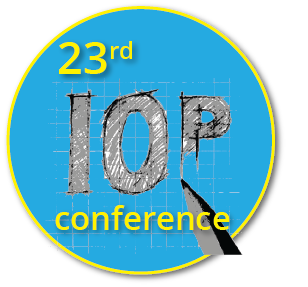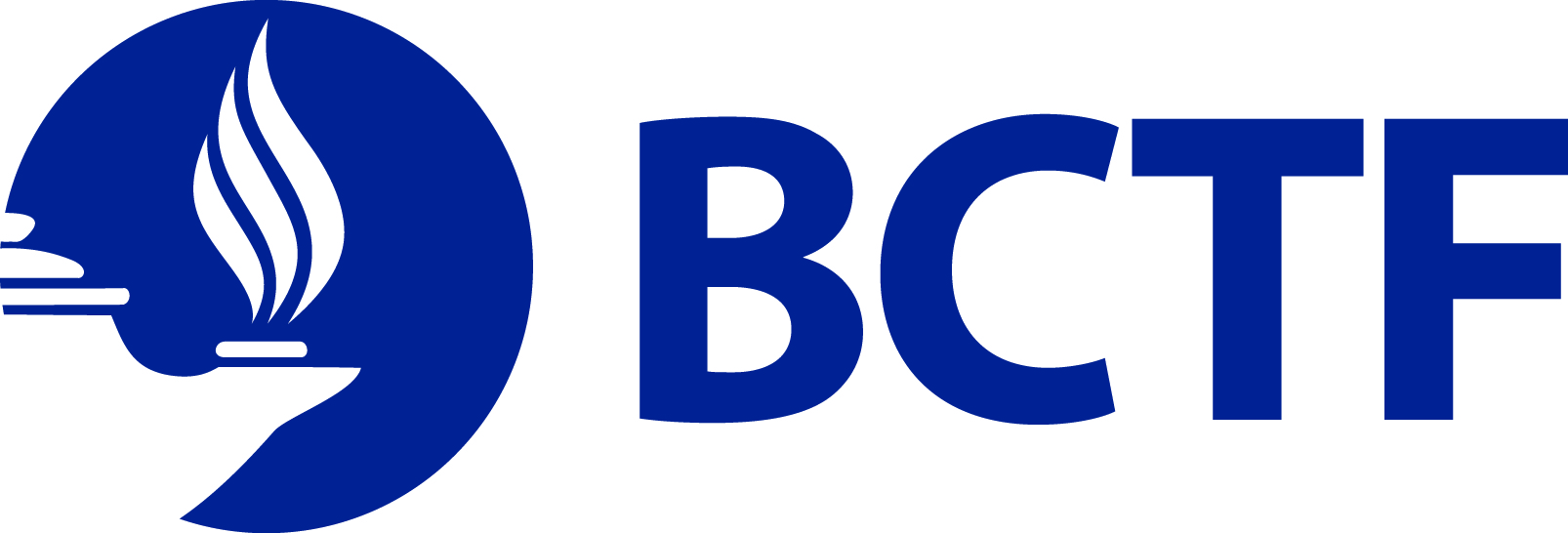Duoethnography: Provoking Ideology and Curriculum in Dialogic Voices
Presentation by: Joel Heng Hartse, Saeed Nazari
Session C | 10:05 – 10:25 | Room 207
Abstract:
In this presentation, we draw on our educational experiences as both students and educators in Iran and the United States, and now Canada, and engage in a dialogue to critique the ideology(ies) implicated in our curricula. We use the method/genre of duoethnography, a form of dual autoethnography, which offers the opportunity for two or more researchers to work together and question the meanings they give to issues, concepts, or constructs. Duoethnographers may examine the social, cultural and political aspects of their lives by scrutinizing their personal artifacts, stories, memories, and compositions. Differences between co-researchers is assumed and even necessary for duoethnographies; some examples from the growing literature in this tradition include collaborations between researchers who are immigrant and non-immigrant (Nabavi & Lund, 2012), black and white (McClellan & Sader, 2012), gay and straight (Sawyer & Norris, 2004), or Christian and Muslim (Heng Hartse & Nazari, forthcoming).
We will draw upon over four years of face-to-face dialogue and a hundred pages of email exchanges to discuss how our knowledge has been legitimized by school as an institution controlled by the power in the political and economic arena (Apple, 1990; 2012). Incorporating the tenets of duoethnography, we do not aim at uncovering meanings but rather creating and transforming them, and changes of our perspectives are expected and encouraged throughout the conversation as we will be open to (re)storying our own lives.

